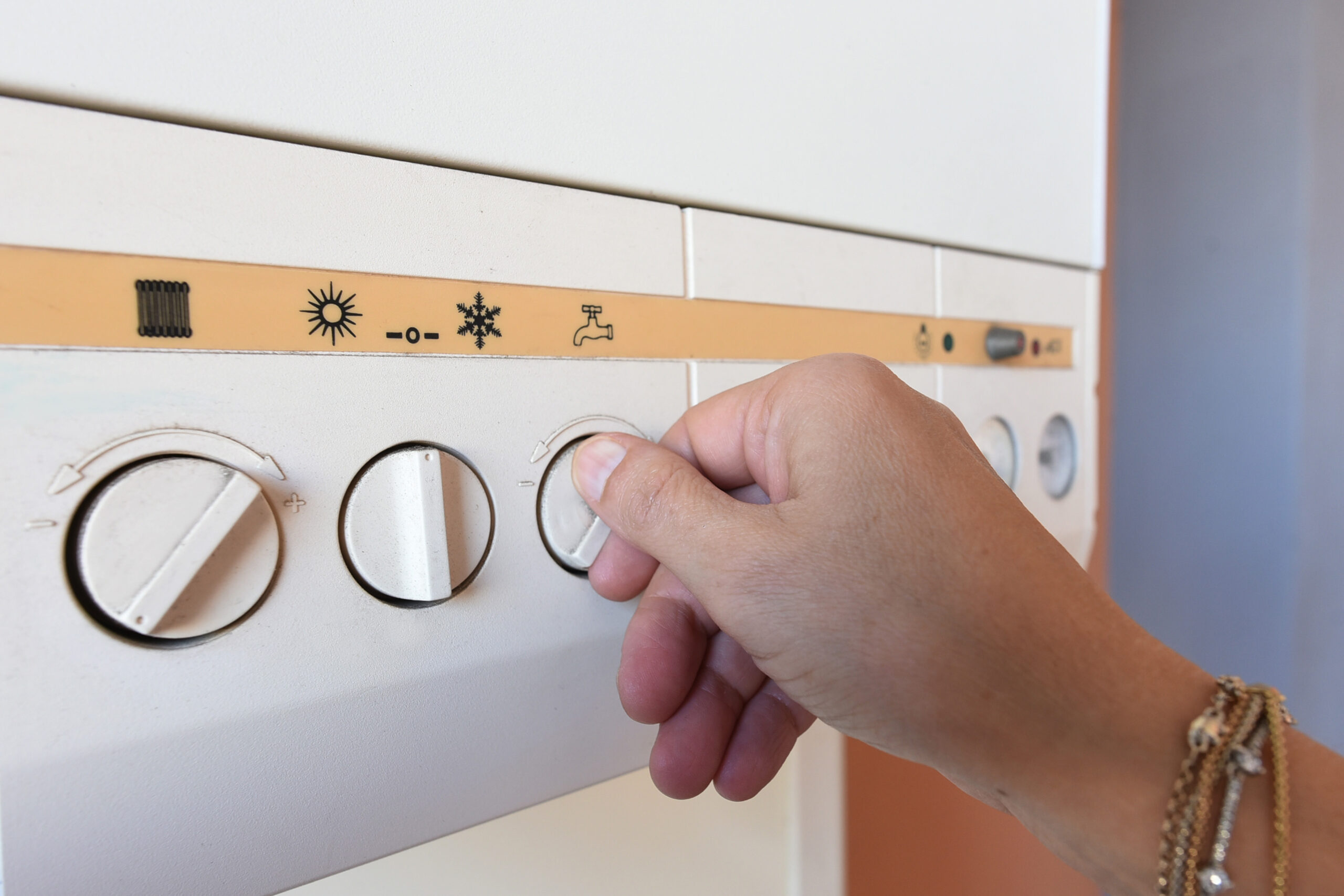How the battle over the new boilers in Germany favored by the Greens ended

The German government has reached an agreement on the replacement of gas boilers with renewable energy heat pumps: this is what the compromise provides. The article by Pierluigi Mennitti from Berlin
Eventually the German government compromised on the controversial issue of replacing gas and oil boilers with heat pump ones. Having become the new central battle of the Greens , with the aim of obtaining that 65% of the new heating systems installed after 2024 be powered by renewable energies, the translation into a corresponding bill had met with the opposition of the government allies liberals and social democrats.
ANOTHER COMPROMISE BETWEEN THE ARGUMENTS
With the new agreement, the 65% target remains, but in addition to the heat pump system (which was the only one considered by the Greens) other renewable alternatives will also be allowed, such as green hydrogen and blue natural gas . Furthermore, exceptions are contemplated for families and private homes. It will in any case be a costly adventure, not only for businesses and households, but also for the State, which promises to finance the costs with direct support for low-income earners and with tax incentives for the wealthier. But the concrete modalities of this aid have not been announced and remain vague.
The compromise created by the summit between Olaf Scholz and his two deputy chancellors (Christian Lindner of the FDP and Robert Habeck of the Greens) also includes so many exceptions, as to make this already unpopular law even difficult to understand.
THE OBLIGATION TO REPLACE THE BOILERS DISAPPEARS
To summarize as best as possible, unlike what was initially proposed by Habeck, the obligation to replace existing gas and oil-fired heating systems has disappeared. As long as they work, even thanks to repairs, there will be no compulsion to switch to heat pumps. The story changes when the boiler breaks down. But even in that case the march towards replacement will be slow, because transition periods are foreseen in which it will still be possible to temporarily install new fossil fuel boilers, for example to overcome the winter period and avoid having to stay in the house in the cold.
It was Liberal (Finance) Minister Christian Lindner who insisted on a principle that overturned Habeck's approach: incentives rather than obligations.
NOT ONLY HEAT PUMPS, OTHER ALTERNATIVES ALSO ALLOWED
Many operators considered the decision, contained in the Greens' original bill, to impose exclusively the alternative of heat pumps unrealistic, also due to the now chronic lack of installers and uncertainty in supplies. Two factors that already make the installation of these heating systems slow today. This last aspect is now made less dramatic by the possibility of adopting other so-called "green" systems, such as blue natural gas and green hydrogen.
EXCEPTIONS FOR OVER 80
Also, if the homeowner is over 80, they can do nothing. The change of heating system will take place when the house is sold (or when the inheritance is transferred).
In short, once again – as has often happened in recent times – the Greens come out of a government meeting in fact downsized. The announced objectives remain fixed on paper, but the times and ways to get there are spread over a path of greater realism.
THE LONG ROAD TOWARDS CLIMATE-NEUTRAL HEATING
Germany has a legal commitment to become climate neutral by 2045. To achieve this, by 2045 at the latest, the building heating sector should be completely free of fossil fuels, which still account for over 80% of the 41 million homes in Germany. According to the Ministry of Economy, heat pumps represent less than 3% of the total, which is why it is stressed that the transition must start now. Since heating systems operate for 20 to 30 years on average, any new heating system installed today will potentially operate until 2045. Therefore, the switch must happen quickly, otherwise Germany will not be able to meet its climate goals.
OPPOSITIONS ON SHIELDS
Criticize the opposition. The Cdu still sees many open questions after the compromise. The spokesman for climate protection and energy policy of the parliamentary group in the Bundestag, Andreas Jung, denounced a lack of transparency in many of the decisions communicated, in particular on the promised funding, which remain "completely nebulous". CSU Secretary-General Martin Huber accused the coalition of using a "crowbar" against citizens in climate policy, adding that "the government's plans are socially unjust and place an unjustifiable burden, especially on homeowners." older".
Position not dissimilar on the other political side. Sören Pellmann, a member of the Linke (Left) spoke of an "impoverishment programme": "In eastern Germany, thousands of heating systems will have to be replaced, since many were installed in the 1990s", she said, "and many citizens are desperate in view of the horrendous renovation costs that will have to be incurred”.
This is a machine translation from Italian language of a post published on Start Magazine at the URL https://www.startmag.it/energia/germania-caldaie-pompe-calore/ on Mon, 03 Apr 2023 06:37:46 +0000.
